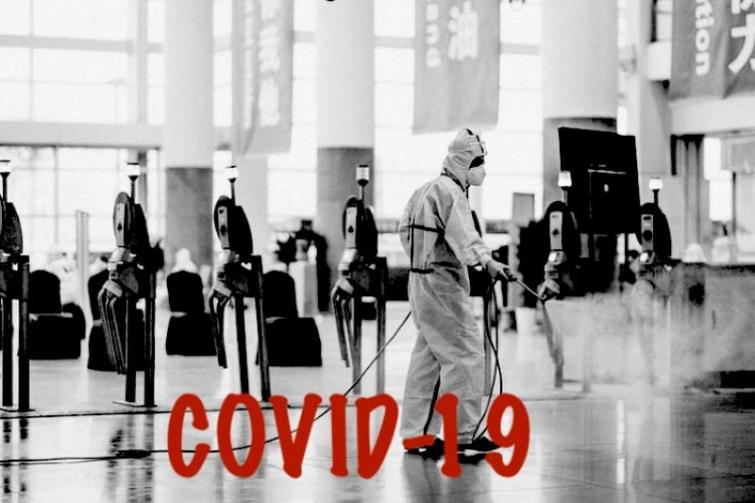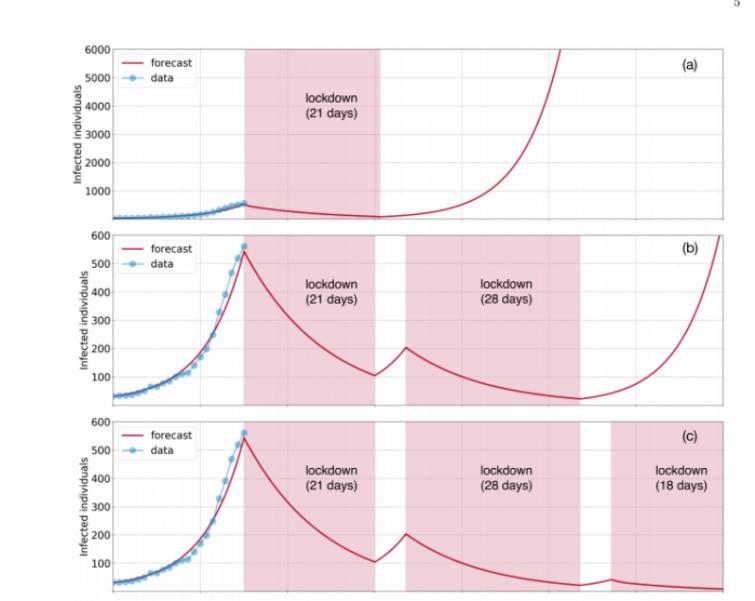
India needs 49-day lockdown to combat COVID-19: Cambridge study
New Delhi/IBNS: The three weeks lockdown in India may not be enough to combat the spread of novel Coronavirus, the country needs complete 49-day confinement, a new study from the University of Cambridge suggested.
Based on a mathematical model, researchers Rajesh Singh and R Adhikari from the Department of Applied Mathematics and Theoretical Physics in the University of Cambridge stated that the lockdown must be extended.
Their study is based on the interpretation from the lockdown since March 25, which removed all social contacts and confined everyone to their homes.
"We use it to study the impact of the most common social distancing measures that have been initiated to contain the epidemic in India: workplace non-atttendance, school closure, 'janata curfew' and lockdown, the latter two of which attempt, respectively, complete cessation of public contact for brief and extended periods," they said.
Singh and Adhikari have found that there is a drastic slowdown in the mortality rate from the 21-day period to a 49-day period.
"Our principal conclusion is that the three-week lockdown will be insufficient. Our model suggests sustained periods of lockdown with periodic relaxation will reduce the number of cases to levels where individualised social contact tracing and quarantine may become feasible," they stated.
Alternatively, the researchers also suggested three consecutive lockdowns could work for the country with 21-day, 28-day and 18-day having a 5-day gap in between them.


Meanwhile, even as the Indian government said the country is witnessing only 'local transmission' of the COVID-19 disease at present, the number of infected cases took a steep rise on Monday to reach 1315 and deaths mounted to 36, as per update at 9:45 pm.
According to the latest tally, India presently has 1156 active cases of Novel Coronavirus while 123 people have recovered.
Graphs taken from original paper titled 'Age-structured impact of social distancing on the COVID-19 epidemic in India' by University of Cambridge
Support Our Journalism
We cannot do without you.. your contribution supports unbiased journalism
IBNS is not driven by any ism- not wokeism, not racism, not skewed secularism, not hyper right-wing or left liberal ideals, nor by any hardline religious beliefs or hyper nationalism. We want to serve you good old objective news, as they are. We do not judge or preach. We let people decide for themselves. We only try to present factual and well-sourced news.







